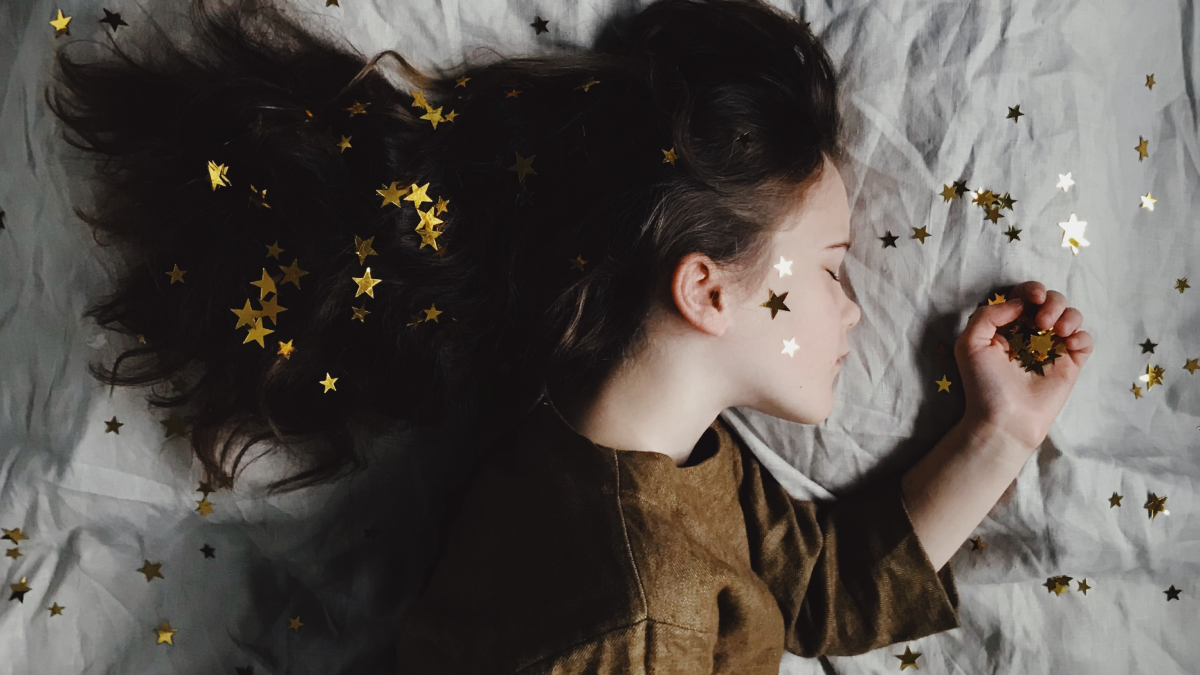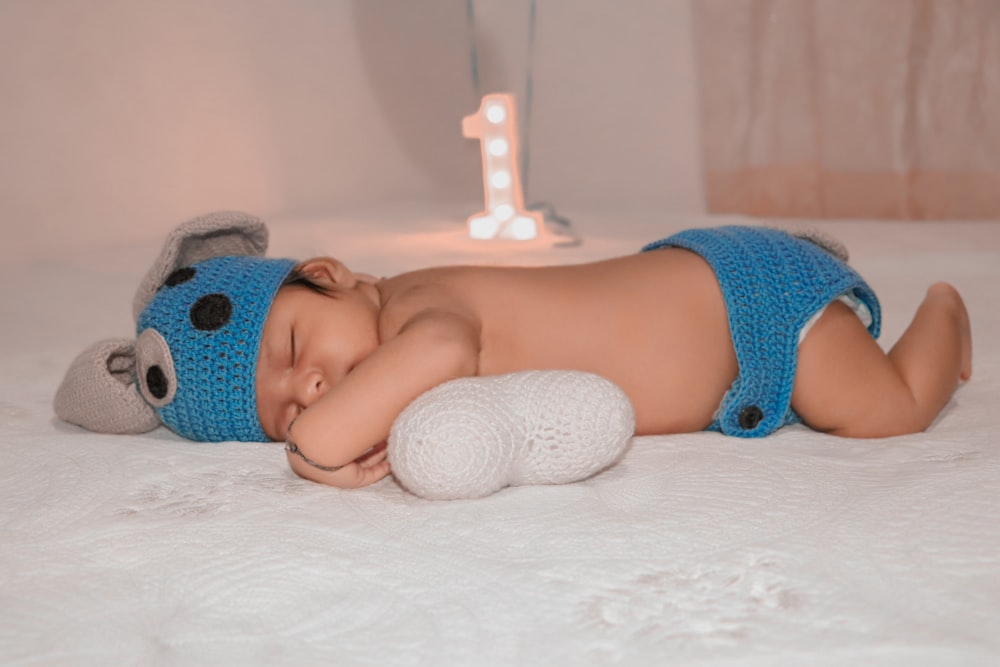
Have you ever thought about the connection between your physical activity and sleep patterns? How does your daily physical activity impact your sleep?
If you’re curious whether your daily routine and physical activity have something to do with not being able to sleep at night, you might be onto something. The amount of physical exertion during the day has a significant impact on how well we sleep at night. The connection between physical activity and sleep patterns will be noticeable once you pay more attention to it.
As a general rule, lots of physical exertion during the day means that you’ll likely have an easier time falling asleep at night.
Being too sedentary and staying still during the day, or sitting at your desk for hours can leave you feeling less tired at the end of the evening. It isn’t as simple as that though. There are many other factors that can influence your quality of sleep, and even certain exercises that leave you feeling more energized instead of tired at the end of the day.
Let’s discuss how physical activity affects your sleep, and some other aspects of physical activity and sleep patterns.
Your Sleep Habits

No amount of physical activity is going to help you sleep better if you have poor sleep habits or poor sleep hygiene.
Sleep position matters, too. In this article about the best mattress for stomach sleepers, it’s noted that some people think stomach sleeping is the most comfortable way to sleep, but it’s not the healthiest sleep position. This sleeping position could actually result in poor quality sleep.
Sleeping poorly when you’re already exhausted can not only mean that you don’t get the proper rest you need, but it also means that you’ll wake up the next day feeling tired and unrested.
Take the time to prepare for bed. Make sure you’re sleeping on a good mattress, and that your bedroom is dark and calm. Don’t take your electronic devices to bed with you or turn the TV on in your bedroom. Just focus on sleeping.
Improving your sleep hygiene, getting better quality sleep and waking up feeling refreshed will help you want to be more physically active during the day. This is important since sitting is the new smoking and being too sedentary is not good for your health.
Sleep, Age and Physical Activity Recovery Time
Your body needs more time to recover from physical exertion as you get older. An elderly person might fall fast asleep after any sort of physical activity.
Sleep patterns are greatly affected by your age. Elderly people need more sleep than young people do because the body needs more and more time to recover from daily physical activity every day as you age.
Various health conditions that are more common among the elderly can cause sleep disturbances. Sometimes, modified physical activity is recommended to elderly people for the purpose of better sleep. For example, if their legs and back hurt too much after they tried a difficult hike during the day, the body aches can hinder their ability to fall asleep.
In general, old age and physical activity don’t always make for the best sleep patterns. People of all ages can definitely experience muscle soreness from exercise that impacts their ability to fall asleep, so this isn’t just a warning to the elderly.
Physical Performance and Poor Sleep

There’s a reason why short naps throughout the day – even if they all add up to 8 hours of rest – don’t make your body feel as rested as a long, uninterrupted, peaceful night’s sleep. Your body needs a continuous stretch of sleep to rest and rejuvenate, and there are different stages in your sleep cycle that help with preparing different parts of the body for optimal function the following day.
REM or rapid eye movement sleep occurs throughout the night in 90 to 120-minute cycles. This part of the night is responsible for resting our brain, while non-REM sleep, which is about 40% of an adult’s total sleep time, is essential for muscle repair.
Sleeping in blocks or not sleeping properly can influence your ability to perform basic physical tasks throughout the day. Poor sleep also definitely impacts your ability to perform optimally at the gym. You may want to learn about your genetic sleep habits, and speak to a doctor if the low quality or low duration sleep is a pattern in your life.
Physical Activity and Sleep Patterns: Are You Exercising Too Late in the Day?
Continuous or vigorous physical activity shortly before bed can leave you too physically amped up to sleep. This is yet another way how physical activity can alter your sleep, but not in a good way.
Experts recommend exercising at least a few hours before bedtime to avoid this and to give your body time to relax and unwind before bed.
If the physical activity has been affecting your sleep, whether it’s due to sore muscles from working out keeping you awake, or feeling too energized at night, speak to a doctor. It’s possible you need to gear down your workout routine to lessen post-workout aches or try massage therapy or foam rolling to soothe muscle pain. If you’re too energized at nighttime, it might be worth adjusting your schedule to do your workout earlier in the day. Good sleep often requires some experimentation like this, because eventually, you might figure out a pattern that works for your body.







This Post Has One Comment
Comments are closed.